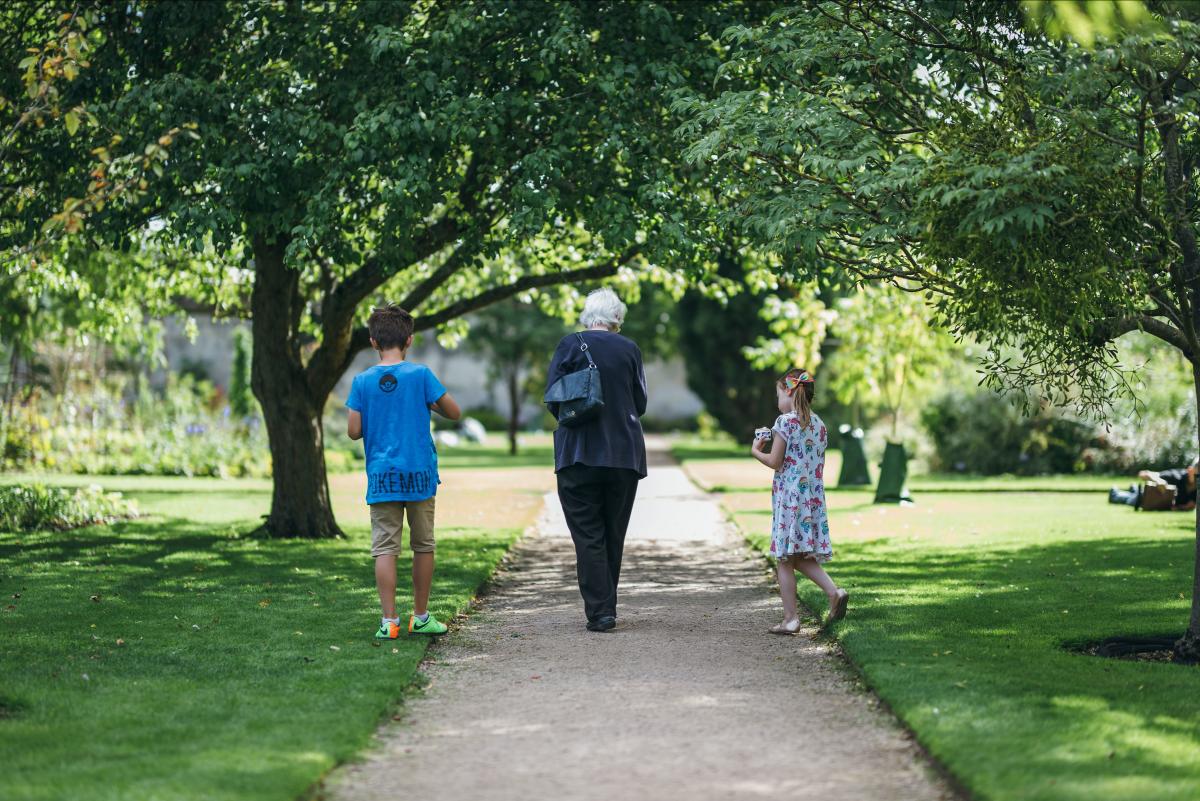
Exploring how social prescribing within cultural spaces can support older people’s wellbeing:
Interim summary report + invitation to end-of-study event on 20 September
An interdisciplinary team of researchers has been funded by the UKRI Arts and Humanities Research Council to carry out a study to address the following question: Cultural institutions as social prescribing venues to improve older people’s well-being in the context of the COVID-19 pandemic: What works, for whom, in what circumstances and why? The 12-month project consists of a literature review, interviews with older people and with cultural sector staff, and a questionnaire that has been completed by social prescribing link workers. (The Culture, Health & Wellbeing Alliance is a partner on the study.)
Interim summary report
The team of researchers has produced an interim summary report which provides an overview of some of the key issues arising from the research to date. This summary can be downloaded from the Oxford Social Prescribing Research Network’s website (https://socialprescribing.phc.ox.ac.uk/files/resources/osprnpolicydocfinal.pdf).
The summary describes how the literature review highlighted the importance of ‘tailoring’ from link workers and cultural sector staff. This involves adaptation and flexibility (and adequate resources) to meet the diverse needs of older people, who will have differing expectations and investment in cultural offerings. The literature review also showed that the following benefits might transpire for an older person engaging with a cultural offering:
- Distracting – from their daily concerns and worries.
- Holding – providing a space or environment where they feel safe and valued.
- Connecting – developing social networks.
- Transforming – changing how they see themselves and their place in the world.
Stakeholder meetings held for the research project in February 2021 are also described in the summary. They involved employees from the cultural sector, link workers and older people, who discussed the following:
- Adaptability and innovation
- Co-production
- Creating safe and welcoming spaces
- Online/digital provision
- Relationships
- Funding/resources
If you would like more information about this project, please contact one of the lead researchers (both of whom are based at the Centre for Evidence Based Medicine, University of Oxford):
- Dr Stephanie Tierney ([email protected])
- Prof Kamal R. Mahtani ([email protected])
Disclaimer: Views expressed in the summary are those of the project team and not necessarily those of their host institutions or the study’s funder.
End-of-study event
When? Monday 20 September 2021, 10-11.30am
Where? Zoom: https://us06web.zoom.us/webinar/register/WN_kCmAKc45SjyY7Eadq7hVrw
You are warmly invited to join the team as they launch their latest research findings on how cultural spaces can support the health and wellbeing of older people. It will be an opportunity to listen to older people talk about the importance these cultural spaces have in their lives and hear from cultural sector staff, link workers and researchers on how best we can create places of wellbeing ready for social prescribing.
The event will be delivered by researchers from the University of Oxford’s Centre for Evidence Based Medicine and practitioners from the Oxford University’s Gardens, Libraries and Museums (GLAM). The findings have been developed by a project team from the University of Oxford, University College London (UCL) and the University of Plymouth, in collaboration with older people, national and international cultural organisations, researchers and social prescribers.
To register your interest in attending the event on Zoom please click on the link here (no Zoom account is required; only a name and email address).
If you have any questions about the event, please email Emma Webster in Oxford University’s GLAM team ([email protected]).
